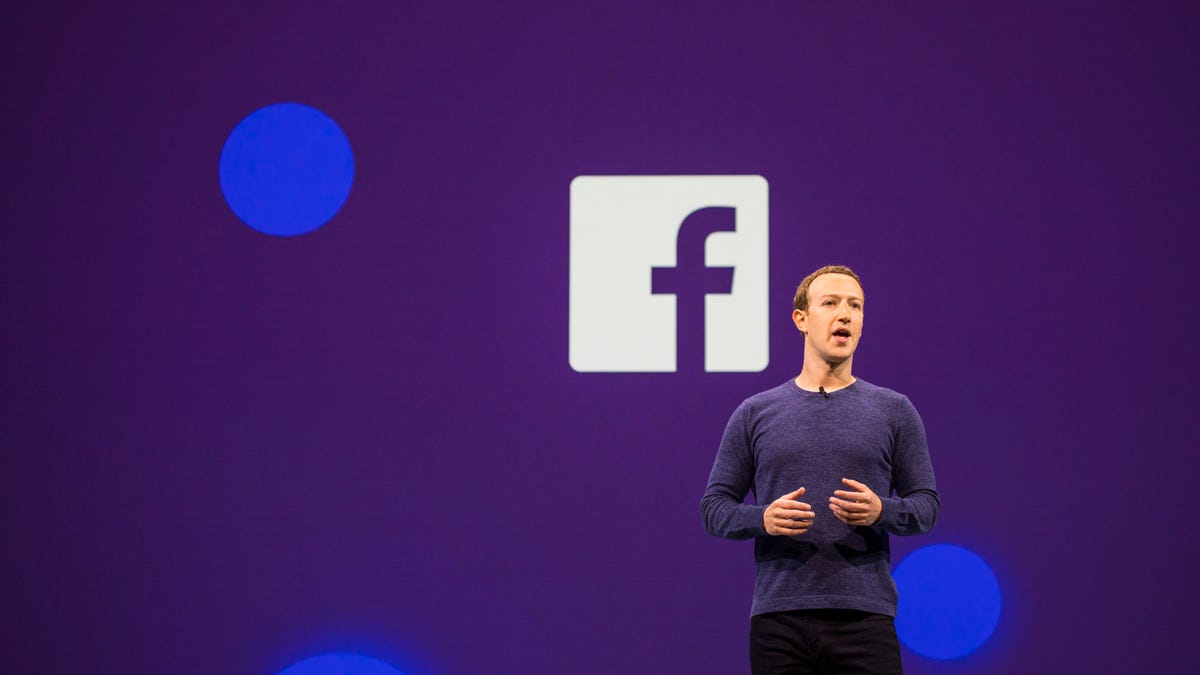Facebook now ranks news organizations based on trustworthiness
The company reportedly asked consumers about their familiarity with publications and whether they trust them.

Facebook will promote or suppress content based on how trustworthy they are.
Facebook began implementing a system that ranks news organizations based on their trustworthiness, BuzzFeed News reported on Tuesday. CEO Mark Zuckerberg reportedly said the company uses this metric to promote or hold back content.
The company collected data on how consumers perceive news brands by asking about their familiarity with publications and if they trust them, Zuckerberg said, according to BuzzFeed.
"We feel like we have a responsibility to further [break] down polarization and find common ground," Zuckerberg reportedly said at Off the Record, a meeting with journalists and media executives.
The company is investing billions of dollars on artificial intelligence and tens of thousands of human moderators to help deter fake news and propaganda on the platform, particularly during elections, Zuckerberg reportedly said.
Facebook didn't immediately respond to a request for confirmation and comment.
The social networking company is still reeling from its role in the 2016 US presidential campaign. Russian trolls with ties to the Kremlin-backed Internet Research Agency abused Facebook to meddle in the election, spread misinformation and sow discord among Americans. Facebook says they did that through a combination of paid ads and free "organic" posts.
Facebook said last year that roughly 126 million people could have seen the Russian-backed content. In the aftermath, Zuckerberg has vowed to hire 20,000 people to work on security and content moderation. Right now, Facebook has 15,000 and will continue to ramp up.
News of Facebook ranking news organizations comes during the company's annual F8 conference, which more than 5,000 developers are expected to attend. Facebook has used the event to announce major initiatives, such revamped designs for users' profile pages. Most recently, it's used F8 to discuss better ways of allowing apps to tie into its services, like games for its Messenger service, augmented reality features for its Facebook app, and new artificial intelligence programs.
During Off the Record, Zuckerberg reportedly added that he's committed to encryption on WhatsApp, BuzzFeed News reports. "WhatsApp wasn't fully encrypted when we bought it," he said. "We rolled out encryption after we bought it. We run the largest fully encrypted communications network in the world."
WhatsApp founder Jan Koum said on Monday that he would be moving on from the messaging company he sold to Facebook four years ago for $19 billion. Koum will also reportedly be leaving his position on Facebook's board.
Zuckerberg also said Facebook won't pay publishers an annual fee for their content, according to Recode. Rupert Murdoch, who heads News Corp and 21st Century Fox, and Jonah Peretti, CEO of BuzzFeed, have called for Facebook to do this.
"People come to Facebook primarily not to consume news but to communicate with people," Zuckerberg said. "The way we can help out the most with that is by helping out with a business model that is profitable and sustainable for news organizations."
Facebook's F8 Developer Conference: Follow CNET's coverage.
Cambridge Analytica: Everything you need to know about Facebook's data mining scandal.

